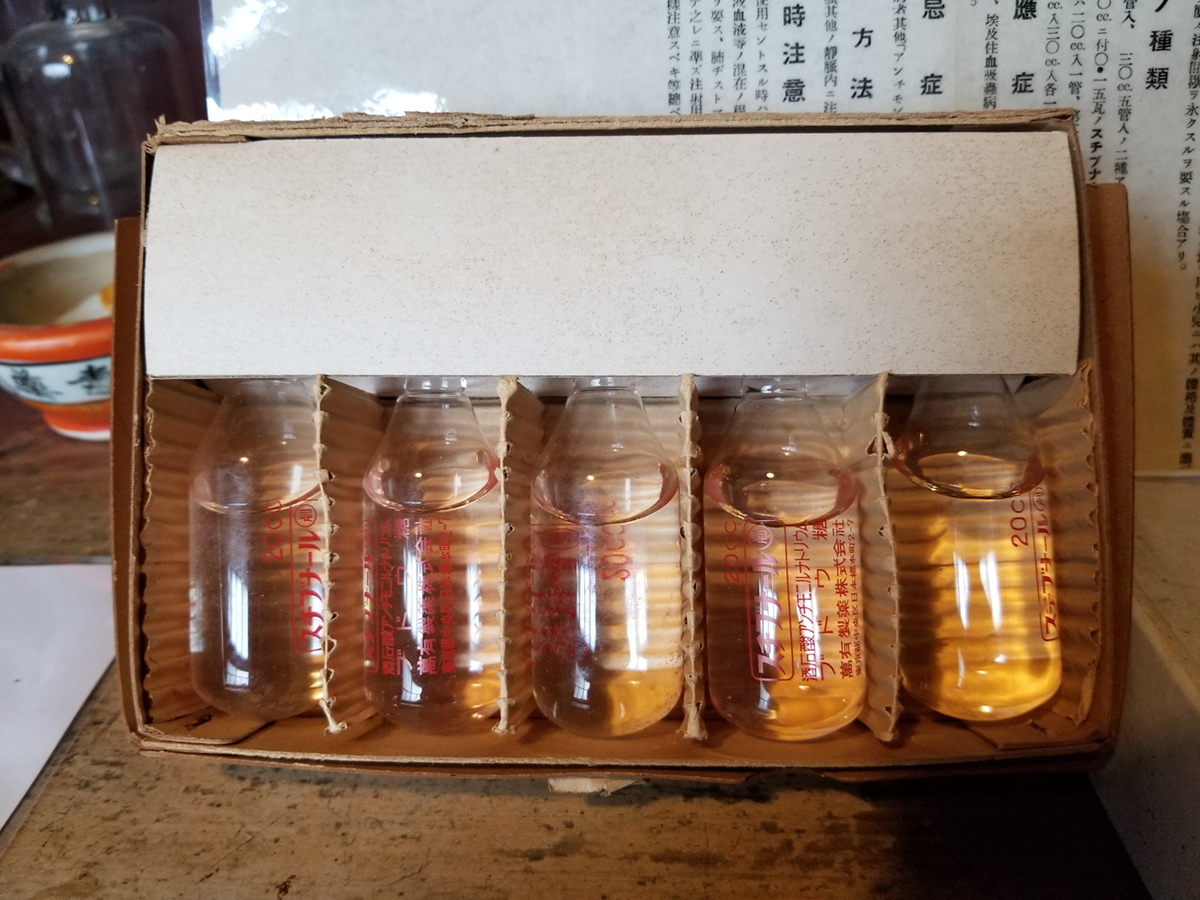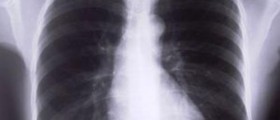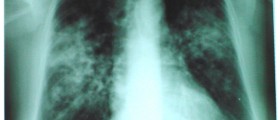
Elephantitis is a medical condition that features with significant enlargement of the extremities and/ or genitals. The very name of the disease suggests how huge swelling of certain body parts actually is. Elephantitis is also known as lymphatic filariasis. Normally, the lymphatic system maintains the balance of fluids by eliminating the excess of fluids. However, in case of filariasis there is an obstruction in drainage of the lymph and this subsequently leads to edema.
A person may suffer from one of two types of elephantitis, lymphatic filariasis and non filarial elephantiasis. In lymphatic filariasis swelling of the limbs or genitalia is caused by infestation of a parasite called filaria. This is the most frequent type of the disease. Once the parasite enters the lymph system it affects the lymph nodes and leads to obstruction in lymph flow. The obstruction leads to swelling of certain parts of the body due to improper drainage of the lymph. The second type of elephantitis (podonconiosis) is a rare condition not related to infestation of the parasite. This type is very hard to treat and is caused by persistent contact with volcanic ash.
Causes of Elephantitis
The disease associated with parasitic infestation is caused by several parasites such as Brugia malayi, B. timori and Wuchereria bancrofti. The infection in humans develops as a consequence of a female mosquito bite. Once the person is bitten the parasite enters the blood stream and eventually reaches the lymphatic system. The very presence of parasites leads to granulomatous inflammation and permanent fibrosis. Granulomatous inflammation together with fibrosis cause improper drainage of the lymph and subsequent edema.
Symptoms of Elephantitis
It is rather challenging to diagnose filariasis in the initial stages of the disease because the illness is in the begging in asymptomatic. The diagnosis is usually set when the lymphatic blood vessels are severely damaged and narrowed.
The most prominent feature of elephantitis is huge enlargement of different body parts due to accumulation of the lymph. Edema commonly affects legs, arms and genitalia. However, other body parts such as breast, head and the trunk may be affected as well. The skin of the affected body parts becomes hard and hyperpigmentated. Additional symptoms include permanent fever accompanied by chills and malaise.
Treatment for Elephantitis
Patients suffering from filariasis are commonly prescribed diethylcarbamazine, an anthelmintic medication. One more efficient medication against lymphatic filariasis is albendazole. Even though the parasites may be eradicated the damage to the lymphatic vessels simply cannot be repaired. Patients are also due to regularly clean the swollen body parts and use disinfectants. Surgery may be performed in some cases such as scrotal elephantiasis.

















Your thoughts on this
Loading...